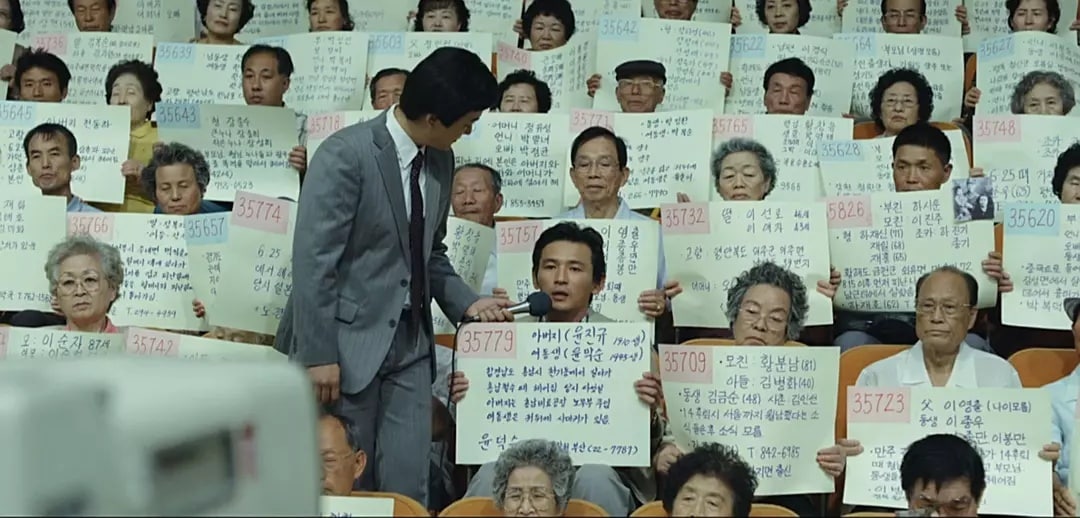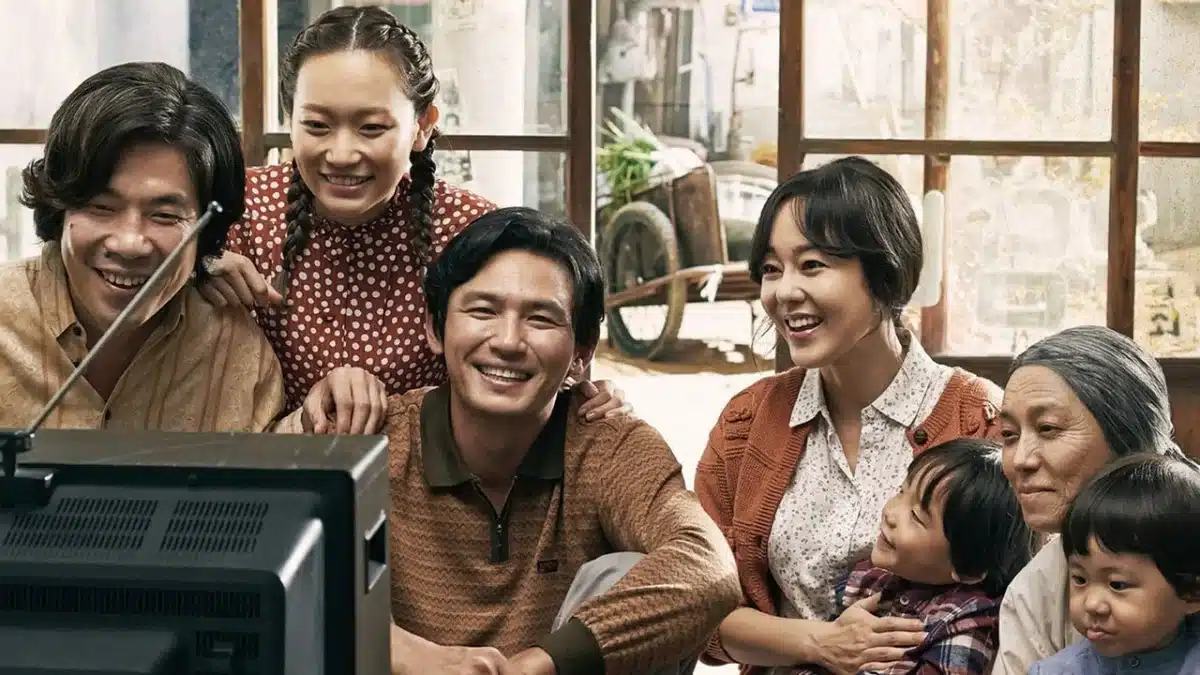On the 73rd anniversary of the Korean War, “Ode to My Father” (2014) stands as one of the most moving films about a war that divided thousands of families caught in the crosshairs in the battle for Korea.
It was reported earlier this month that approximately 16,000 elderly South Koreans have died over the past five years while awaiting reunions with family members in North Korea who were separated by the war. Beautifully imagined, “Ode to My Father” portrays the deep wound of loss still felt by thousands of Korean families who are running out of time.
This film captures the sweeping history of modern Korea and the sacrifices it took to go from one of the poorest nations in the world to one of the most prosperous, in one generation. “Ode to My Father” also shows that for many, financial success can’t heal the persistent ache felt from being separated from family members after the Korean War.
Not long after the film begins, we witness the evacuation of 14,000 North Korean refugees, a miraculous event that happened only because Captain Leonard Lerue of the SS Meredith Victory gave the order to throw all weapons and supplies from his freighter ship into the sea and board as many refugees as possible. This was an actual humanitarian effort that happened in December 1950 and it still holds the Guinness World Record for the largest evacuation from land by a single ship.
Packed in like sardines, the refugees stood stoically for three freezing cold days on a ship meant for 12 passengers and 49 crew members. Everyone survived and the headcount actually grew because five babies were born during the terrifying journey.

Historical Accuracy and Visual Splendor of “Ode to My Father”:
Set against the backdrop of the Korean War, “Ode to My Father”, directed by Yoon Je-kyoon, follows the fictional life of Deok-soo (played by Hwang Jung-min), a young boy whose family was separated during the tumultuous evacuation onto the ship that took him to the South. With an unwavering determination to reunite his family, Deok-soo embarks on a journey that spans five decades, crossing paths with extraordinary characters and enduring incredible hardships. The film skillfully weaves together historical events and personal narratives, making it an emotional rollercoaster that resonates deeply with audiences.
Though the tear jerkers are abundant in this family film, “Ode to My Father” succeeds in capturing the emotional devastation of the Korean War, portraying the immense suffering and sacrifices made by individuals and families. The film delves into the complexities of wartime experiences, from the heartbreaking separation of loved ones to the struggles faced by refugees trying to rebuild their lives. It portrays the human cost of conflict and tugs at the heartstrings of viewers as they witness the characters’ profound moments of joy, sorrow, and hope.
The performances in “Ode to My Father” stay with you for a long time. Hwang Jung-min delivers an impressive portrayal of Deok-soo, skillfully showcasing the character’s evolution from a spirited young boy to a resilient and cranky grandfather. His emotional performance captures the essence of Deok-soo’s unwavering determination and showcases the internal struggles he faces while trying to uphold his responsibilities as a son, brother, husband, father, and citizen.
The supporting cast, including Kim Yun-jin, Oh Dal-su, and Jung Jin-young, do their part to contribute to the film’s brilliance. Their collective performances breathe life into the narrative, ensuring that key moments throughout the decades resonate authentically with the audience.

“Ode to My Father” is rich in historical details and portrays significant events of the Korean War and its aftermath, providing a fascinating backdrop for the characters’ personal stories. The production design and cinematography beautifully capture the essence of various time periods, evoking much nostalgia and immersing viewers in the various eras.
While “Ode to My Father” is deeply rooted in the Korean War, its themes of sacrifice, family, and resilience are timeless. It is a story about the strength of the human spirit and the enduring power of love. The film pays homage to the sacrifices made by an entire generation, reminding us of the importance of honoring our history.
As we commemorate the anniversary of the Korean War, “Ode to My Father” reminds us of the indomitable spirit that can emerge amidst the darkest of times. With its compelling storytelling, outstanding performances, and emotional depth, it serves as an important tribute to the resilience and fortitude of individuals and families who were forever impacted by the conflict.
“Ode to My Father” is available to stream on Tubi





